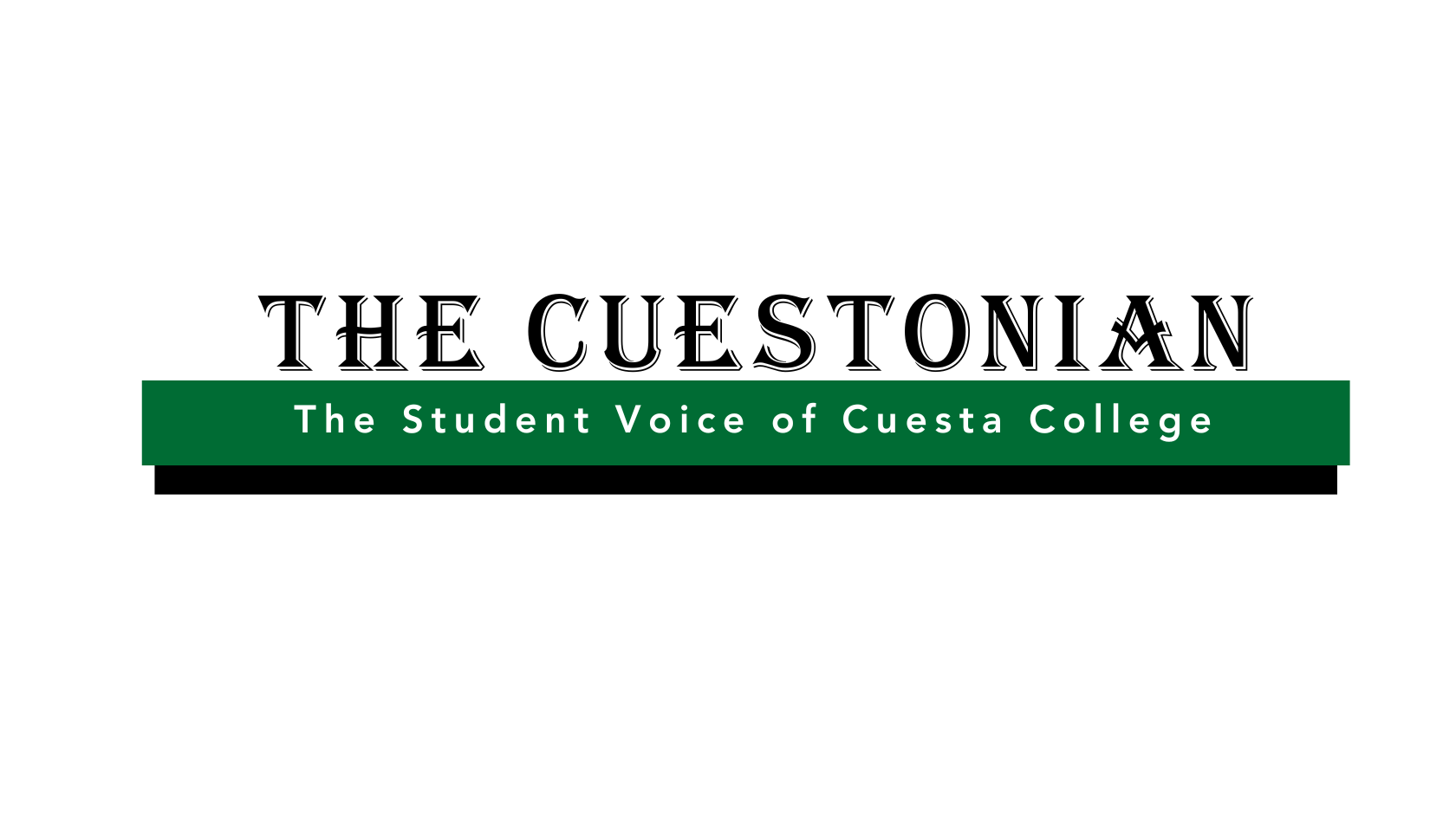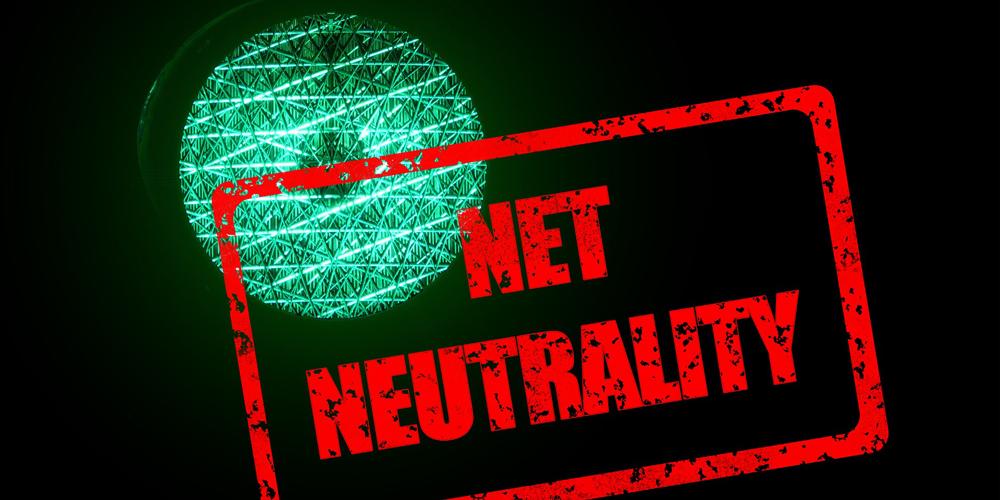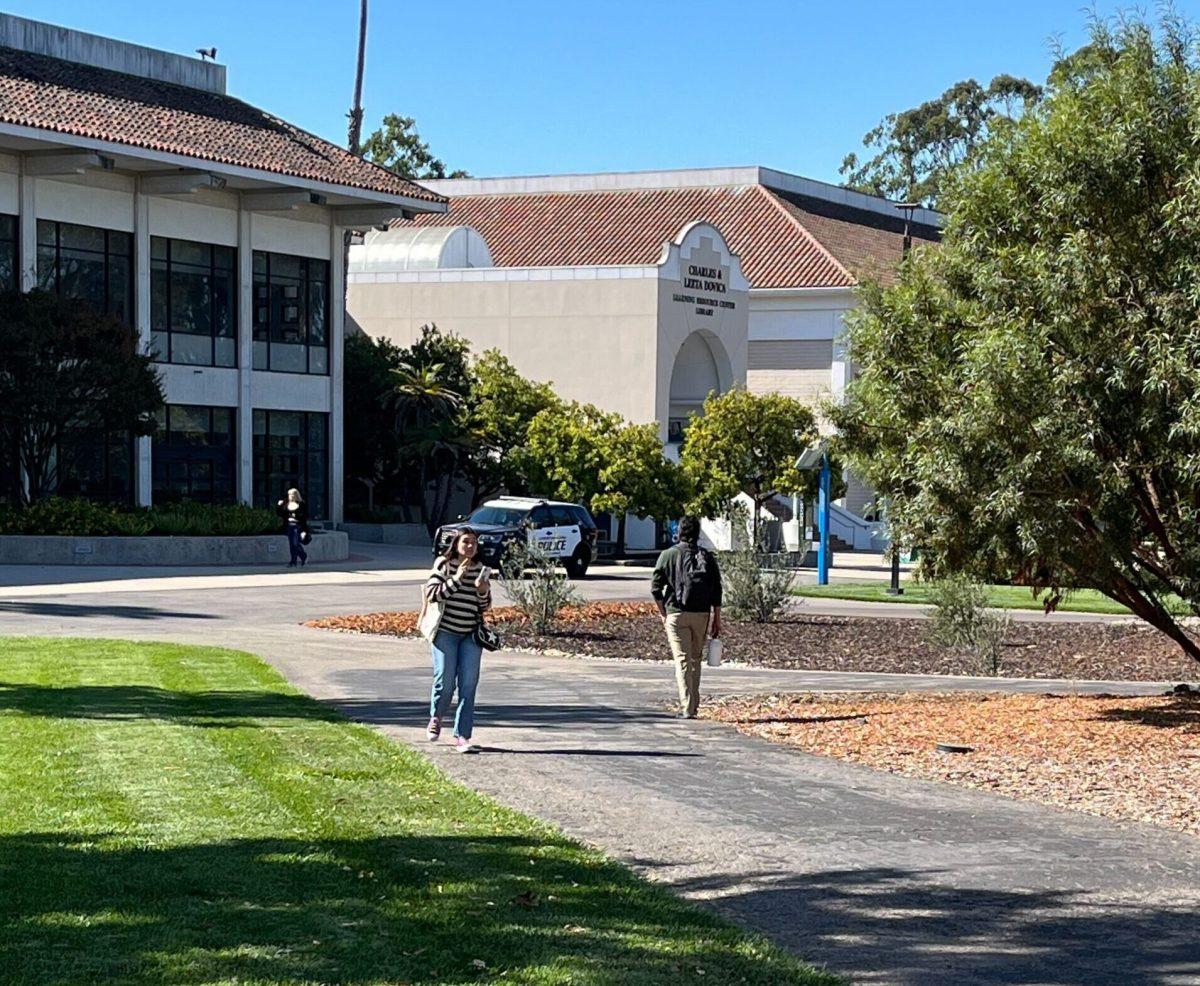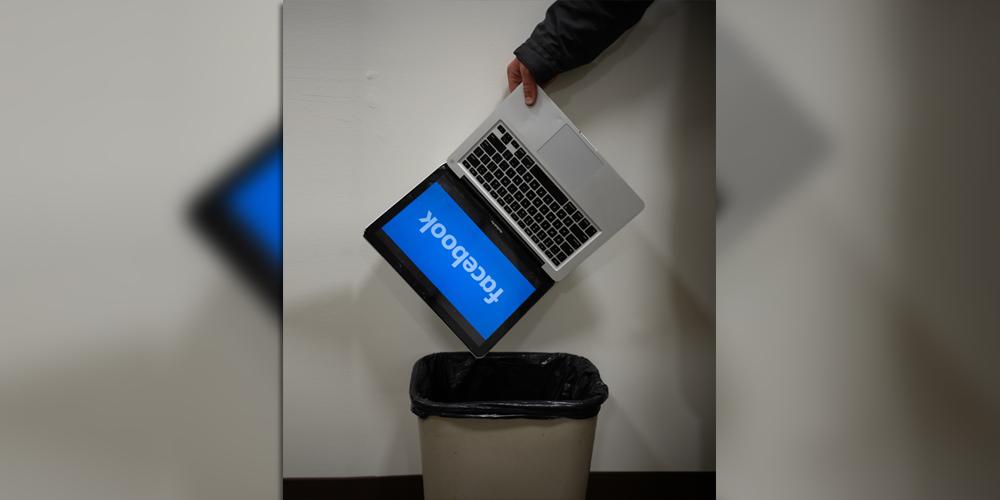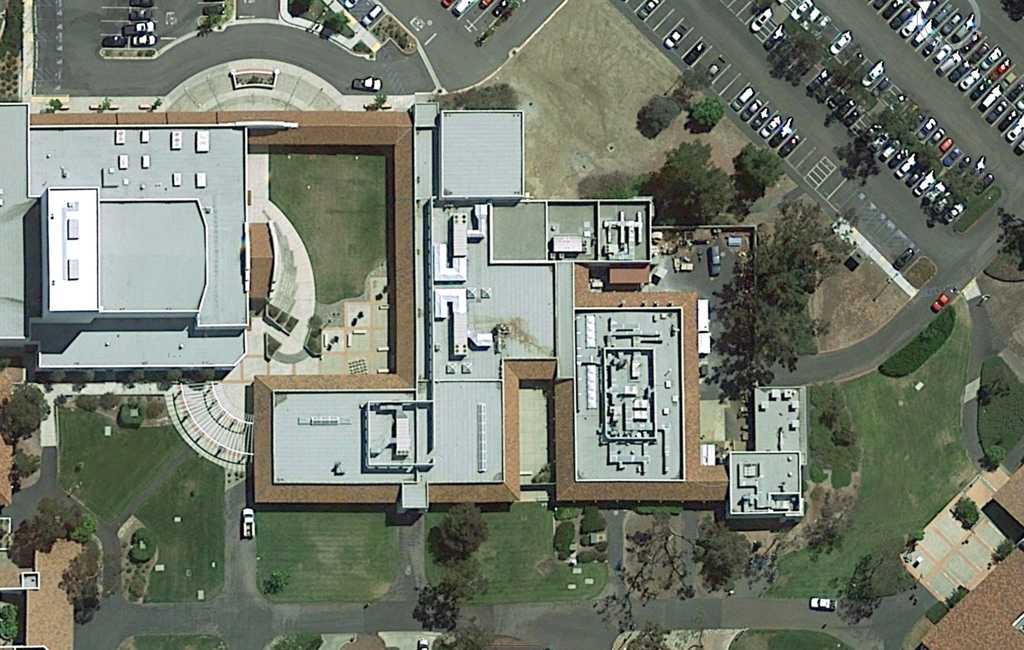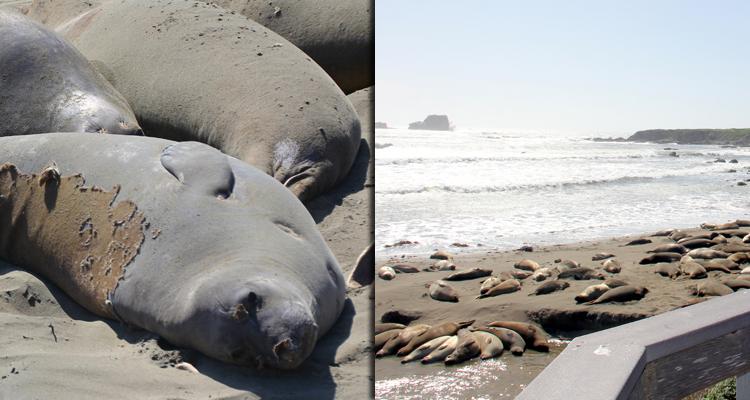Graphic courtesy of geralt /Â Creative Commons
By Allison Turner
Opinion Editor
Students face possible challenges with online class materials as net neutrality rules come to an end on April 23, a critical development that has caught administrators and instructors unprepared.
If discontinued, these rules, which had previously allowed unfettered access and reasonable rates are expected to have severe repercussions, especially for those on limited incomes and with already limited access.
Net neutrality is the concept of an open internet that isn’t restricted or controlled by internet service providers or monopolies. If these laws are repealed, internet providers may have control of the speed and price of the internet, as well as what websites users have access to.
“What would impact students would be academic freedom in a sense,†said Cynthia Wilshusen, an instructional designer and distance education coordinator. “We want to make sure faculty can still make a tech rich environment for students.â€
Academic freedom is the belief that scholars should be not be impeded from openly exchanging and communicating ideas or facts, whatever they may be.
Cuesta College does not have an official position on net neutrality, according to the Information Technology department. At this time, officials said there is no plan in place.
The Cuestonian also contacted numerous other sources across the campus, including distance education instructors, who each stated that they were not informed enough on the issue to comment.
The repeal on Obama-era net neutrality rules may seriously impact students who are taking distance education courses, as access becomes limited or discontinued all together.
“It’s hard enough to obtain a decent education as a working class student, what with sky high tuition and living expenses,†said Sydney Leonard, second year Cuesta student. “The internet has long been a great equalizer in a greatly unequal society, changing that is a big step backwards and a big mistake.â€
In light of Wilshusen’s comments, Cuesta hasn’t seen any repercussions yet, and doesn’t expect to.
“Enrollment in distance education is access to our portal, so I don’t think it will necessarily affect enrollment in these courses,†Wilshusen said.
On Dec. 14, 2017, the Federal Communications Commission’s Republican majority approved Chairman Ajit Pai’s plan to gut the net neutrality protections, according to the Free Press Save the Internet Campaign. Pai continuously opposed net neutrality rules because they impeded innovation.
Gutting net neutrality would mean taking control away from the FCC, making it easier for ISPs to discriminate who gets what type of access to the internet and promote their own content. This may also negatively affect newer websites and start up businesses.
“I’m worried that in addition to all of the other consequence of net neutrality, Cuesta will not be able to update its online resources,†said Teagan Chapman, a third year Cuesta mathematics major. “Moving from Moodle to Canvas gave teachers more tools to help students and improved students experience, but without a neutral internet we might be limited to the options available to us through the provider Cuesta chooses.â€
Net neutrality came from a 2002 decision to classify cable modem as an interstate information service, meaning that the FCC’s jurisdiction was subject to constitutional limitations. This decision also prevents private ISP companies from blocking Voice over IPs, such as Skype and Messenger.
The reversal of this means students may also lose their ability to use Skype and similar programs for voice communication.
“I’m an expat currently living in the UAE– arguably one of the most progressive, liberal Muslim countries in the Arabian Gulf region,†said Robert Bisser, technical director at Thinkwell Group Los Angeles. “Internet access is controlled by one major company owned by the government. Most notable is the blocking of any of the Voice Over Internet Protocols Apps except the one the aforementioned internet company provides with a subscription fee.â€
